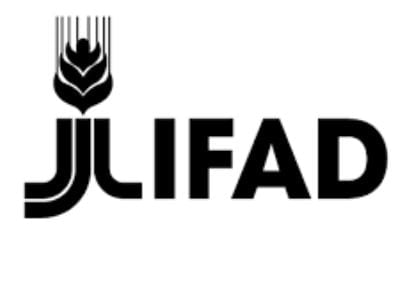News Flash
News Flash

DHAKA, Oct 15, 2025 (BSS) – Reducing methane emissions from agriculture requires turning scientific insights into practical solutions through coordinated institutional action, farmer participation, and strong policy guidance, experts said at a workshop here today.
The International Fund for Agricultural Development (IFAD) Bangladesh Country Office organized the event titled “Methane Reduction in Agriculture: Bangladesh Perspective” under its Reducing Agricultural Methane Programme (RAMP).
The workshop marked the first session of a four-day series focusing on climate-smart agriculture and methane mitigation strategies, said a press release issued by IFAD here.
Speaking as the special guest, Dr Mohammad Khaleduzzaman, Director General of the Bangladesh Rice Research Institute (BRRI), said research shows that Alternate Wetting and Drying (AWD) methods can reduce methane emissions by up to 40 percent.
“Introducing short-duration rice varieties can further boost yield potential while lowering emissions. The challenge now is scaling up these solutions through collaboration among government, NGOs, IFAD and other partners,” he noted.
Dr Valantine Achancho, IFAD Country Director for Bangladesh, said the initiative aims to connect science, policy, and field practice to drive measurable impact.
“Bangladesh can cut methane from rice cultivation while protecting yields, lowering water use and strengthening rural livelihoods,” he said.
He emphasized three immediate priorities: establishing clear and easy-to-implement AWD guidance, aligning institutional delivery systems for training and irrigation management, and creating robust monitoring mechanisms to track progress and refine actions.
Presentations from BRRI scientists Md Mozammel Haque and Md Mahbubul Alam highlighted the need for data-driven approaches to reduce greenhouse gas emissions and practical adoption of AWD techniques.
Experts agreed that AWD can effectively cut methane and save irrigation water without compromising productivity—provided that enabling conditions such as water control, proper land levelling, and timely irrigation are ensured.
The workshop concluded with participatory group discussions, outlining next steps to integrate lessons into field training, monitoring systems, and national policy dialogue to accelerate methane reduction in agriculture.